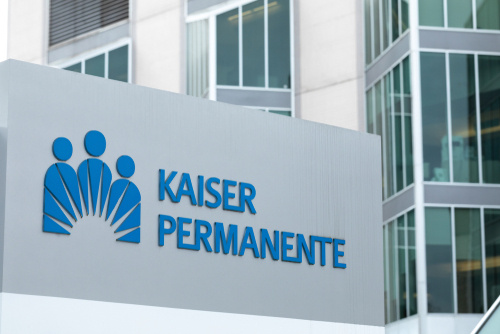Relapse Risks After Drug Treatment
There is always a risk of relapse for an individual struggling with substance abuse or addiction after the completion of a treatment program and throughout one’s sobriety.
In fact, drug addiction and alcoholism are known to be relapse diseases because relapsing is so common amongst individuals in recovery. Some people view a relapse as a failure, when in reality it can be an integral part of the learning process. Relapse is now viewed more as a setback during one’s recovery. There is no universal reason for relapse. In fact, much like how addiction is unique to each person, so too will be one’s treatment program and the possibility of relapse.
A person in substance abuse or addiction treatment is there to learn how to function without the presence of an abused substance in his or her system. Drug addiction and alcoholism are disease that affect how one’s brain functions. Part of substance abuse treatment is to help an individual actually rewire his or her brain, shifting and adjusting the damage that has occurred from the abuse of drugs or alcohol. The chemical makeup of a person will slightly shift as well, since the individual will no longer be flooding his or her body with an abused substance. The physiological changes that occur during one’s treatment program are vast. Additionally, people are taught many life skills that they may have forgotten during one’s active drug or alcohol abuse.
There is an abundance of information provided to an individual in treatment for substance abuse or addiction. Making sure to remember and implement all of the pertinent information can be overwhelming and exhausting.
Some people may experience what they consider to be weak moments, or moments where their addiction grabs hold of the driver’s seat that the individual has worked so hard to gain control of during treatment, and this can lead to relapse. Due to the shifts that can happen in one’s brain from habitually abusing a substance, depending on the length of time an individual had been abusing a substance, paired with the type of abused substance, a person may physically have a lesser ability to resist a craving and a lower level self-control. Over time this can change, but due to the alterations that can occur in one’s brain, it is highly likely that for many years’ post getting sober, a person can be at extremely high risk of relapse.
On the other hand, relapse is not necessarily a given for every person in recovery from substance abuse or addiction.
Much like every person who abuses a substance, or alcohol has to propensity to become an addict, there too remains a possibility for relapse amongst anyone who is sober. Remaining sober must be a conscious choice that is made every moment of every day. If a person goes on autopilot, or is not present in his or her life, post substance abuse treatment, he or she is assuming a greater risk of relapse. It has been said, that high-risk situations can cause a person to be more susceptible to relapse. Learning how to identify these types of situations and removing oneself from them can be helpful in avoiding a relapse.
Relapse is simply a part of the process of substance abuse and addiction recovery.
It is essential for a person to be kind to him or herself. Take each moment as it comes, and if an individual does experience one or more relapse during his or her recovery, humbly return to the basics learned throughout treatment. Try not to dwell on the past, and make healthier choices moving forward. Go to a meeting, ask for help, and get support. Substance abuse and addiction is a stubborn disease. It takes great willpower, strength, and determination for an individual struggling with substance abuse or addiction to commit to a life of sobriety. If an individual, however, wishes to stay alive, getting sober and remaining so is the only resolution to addiction. There is no shame in requesting help for substance abuse or addiction. Do not delay in obtaining help, as the longer one waits the more at risk an individual puts him or herself of acquiring severe, lifelong consequences. Going to treatment, coming out with an aftercare plan and carrying it out may not keep an individual from experiencing a relapse. It is important to note that there are many relapse prevention programs that are currently available for individuals in recovery. An individual should feel free to seek further information about relapse prevention programs at any substance abuse facility or clinic.
Contact Us
Call (213) 389-9964 or fill out the form below to reach Peggy Albrecht Friendly House.
Residential Treatment
(213) 389-8810Sober Living
(310)204-3351Error: Contact form not found.



